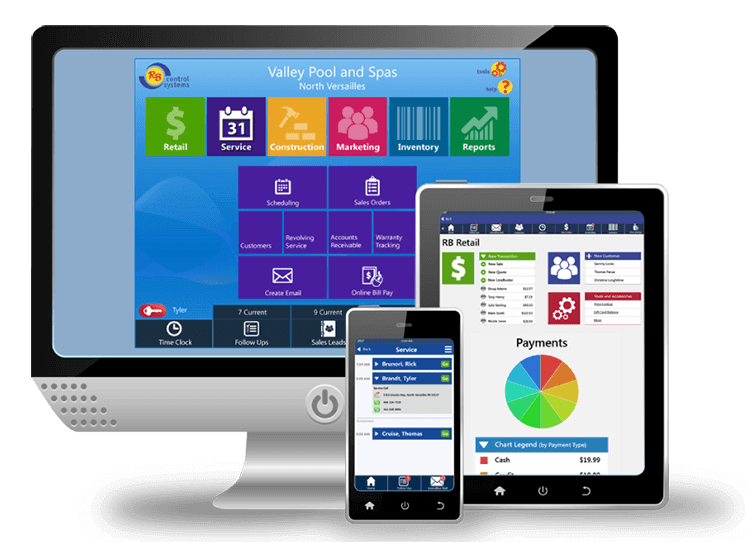Don’t Let Your Employees Be Zombies
I love watching Zombies on TV… not in my store!
The Walking Dead is my favorite TV show. The story is spine-chilling, the characters are engaging and the zombies are creepily well done. However, I certainly don’t want the walking dead in my retail stores taking care of my customers and representing my business.
Has your staff become like the walking dead? Are they complacent? Time to revive those zombies! Revive them with education, incentives and empowerment.
Let’s face it; everyone wants to feel good at the end of the day. Your salespeople want to be praised by their customers for helping them and for being knowledgeable, and they want to be recognized by their peers and boss for doing a good job.
Develop a formal in season training program to ensure that your salespeople are taught what they need to know to do their job. It doesn’t have to be an elaborate plan, but could be a simple checklist of categories of product with seasoned staff members selectively paired to the categories as trainers based on their expertise. Don’t overlook pairing seasonal staff together for their continued training. If someone has been with the company for a year, but is not as good at selling cartridges as you think they should be, pair them with someone who understands that product line. For this to work, make sure that you explain to your trainers what you expect of them and set timelines.
Have 90 minute meetings before the store opens at least every 3 weeks during the busy season. I hear from many owners that there is no time for meetings because they are too busy. Understand that during the period where you have the most traffic is precisely the right time to make sure that all staff members are at their best. It helps to have donuts and coffee or bring in breakfast sandwiches as a little treat, and pay them for their meeting time. Provide an agenda as follows allowing 10-15 minutes for each topic: Customers, inventory, product knowledge, procedures, sales numbers, and open discussion. This promotes information that affects and helps everyone, and is an opportunity for ongoing training and motivation. I find when you educate your staff to understand the products and the business; you boost their self-confidence which results in happier employees which is translated to happier customers.
Empower your staff to make decisions to go above and beyond for their customers when the need arises. You can set some guidelines if you feel more comfortable, but why not let them take care of their customers who have an issue immediately, rather than the delay of making them check with a manager or owner. For an example, if a customer has had algae for a week and tried your treatment process twice, still has it and is frustrated, why not allow the salesperson to use their own judgment and comp some shock or an algaecide. Obviously, this scenario lends to also troubleshooting another layer to find out why the treatment didn’t work, and your employee needs to understand this is part of the process of the complimentary product.
Keep in contact with your staff throughout the season to get their feedback on how you can do things better or differently to improve. This contributes to their self-motivation because they feel important contributing to the company growth.
Consider paying your salespeople a commission on all sales, not just the big ticket items, so they are motivated to be attentive to all customers. Commission does not have to be a large percentage, maybe 2%, and pay it based on gross profit rather than retail price. Add some sales games in to the mix during events or holiday weekends. Playing some sales games to motivate them to sell helps your bottom line and creates a fun atmosphere. Your POS system should be able to calculate the commission and game results for you.
Add to your customers overall shopping experience with well educated salespeople who are motivated, happy, and attentive to everyone. No more zombies!
Check back with us for more detailed information on how to develop a formal training program, implement sales games, and how to conduct quick and effective in-season meetings.





